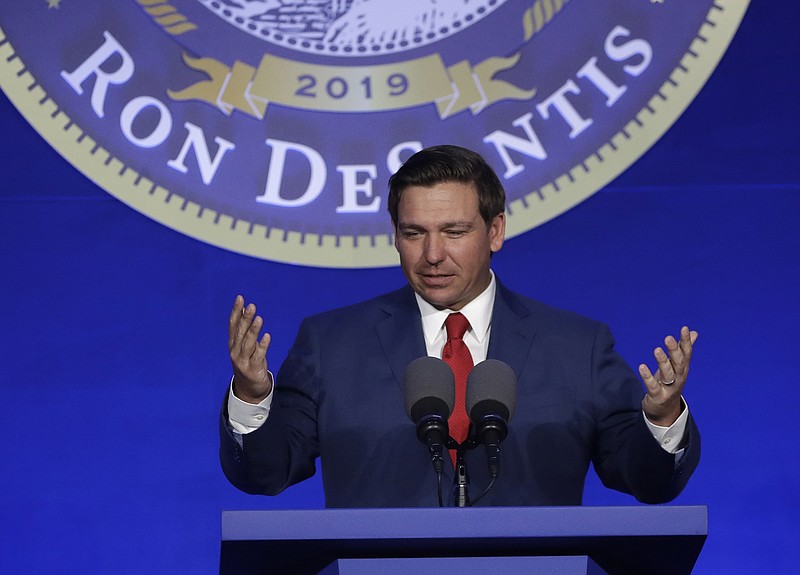In our community, we are blessed to have many wonderful private schools, the results of Chattanooga citizens who insisted on quality educational programs, challenging academics, moral guidance and discipline. Unfortunately, many of our public schools can't provide the same opportunities, and many families have no alternative to those under-performing schools.
Don Holwerda, who served as headmaster of Chattanooga Christian School for 30 years, explains why. The minimum cost of attending most private schools in our community hovers around $12,000 a year per student. Middle-class median income in Tennessee is $60,000 per year. If that family sends two children to private school, they spend 40 percent of their income on their children's education. They can't do that, and their children are often stuck, in some cases, in failing schools.
Many Americans, frustrated by the poor choices for educating their children, are taking their cause to the voting booth. In Florida, for instance, black female voters in the November election helped elect Republican candidate Ron DeSantis governor primarily because he supports school choice, while his Democrat opponent, Andrew Gillum, was solidly against it. More than 18 percent of black females voted for DeSantis, eclipsing the national average of 7 percent who voted Republican. Those 100,000 votes made the difference in an election decided by 40,000 votes.
The Wall Street Journal cites the "Step Up" program that takes advantage of Education Savings Accounts (ESAs) as the reason for the uncharacteristic Florida vote. The program provides tax-funded scholarships to attend private schools, and it is extremely popular with mothers of minority children. Besides Florida, such programs are available in Arizona, Mississippi, Nevada, and North Carolina. A little-known but similar program exists in Tennessee, but it is limited to special needs children. Parents of special needs children can participate in an ESA and use the money the state normally pays a public school for a child's education (currently $7,500 per year) to spend at any accredited school.
Holwerda and many others in our community are avid supporters of extending the Educational Savings Account to every parent in Tennessee. Statistics gathered by the American Federation for Children show why Tennesseans must do better. Less than half of our fourth graders are proficient in reading or math on National Assessment of Educational Progress (NAEP) testing. Only three of 10 eighth graders are proficient in math, and less than 30 percent of high school students met readiness benchmarks for science, technology, engineering and math. Could one reason be, as a Beacon Center Report documents, 54 percent of Tennessee education dollars never make it to the classroom? Politicians allocated millions of dollars to government education and created a huge bureaucracy, but they haven't solved the problems.
School choice programs implemented in other states have helped, and they can help here. In Indiana, students who transferred to private schools showed a 75 percent increase in testing. In Florida, school choice students were 43 percent more likely to enroll in college compared to their public-school peers.
ESAs are innovative tools that empower families to make the best education decisions for their children. With ESAs, parents can use the state education dollars to pay for school tuition and fees, textbooks, tutoring, special therapies and more. They allow free market principles to apply to education. When the money follows the child, good schools survive, bad ones close.
It's time our elected officials put aside politics and do what is best for children and families.
Roger Smith, a local author, is a frequent contributor to the Times Free Press.

